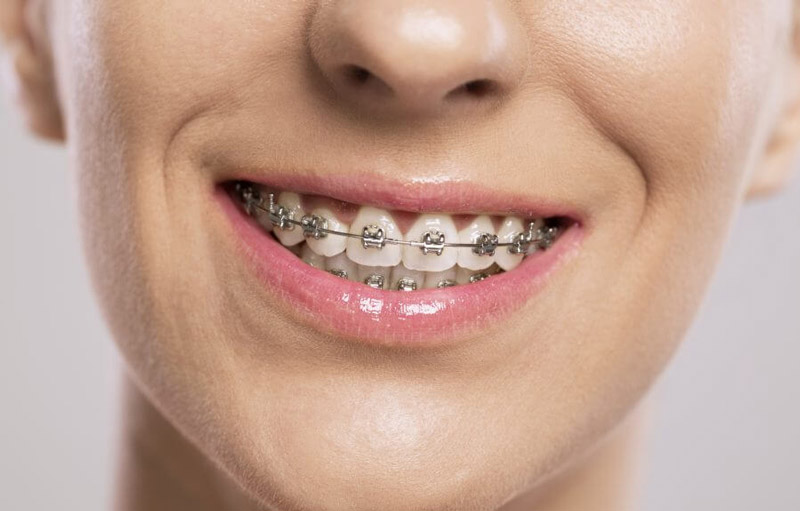News
What does the breath say about your health?
When your breath smells, you may have a health problem, possibly dental health, but it could be other serious illnesses.
Snoring when sleeping

Snoring during sleep can cause a dry mouth, allowing bacteria to grow and making the breath smell bad
Snoring during sleep can cause a dry mouth, allowing bacteria to grow, making the breath smell bad especially after you wake up. Snoring can also be a sign of sleep apnea. If you are experiencing this condition, please consult with your doctor for appropriate advice for oral health as well as general health. To reduce snoring, you can also adjust your sleeping position, instead of lying on your side, lying flat.
Gum disease

If your breath smells, check your gums
If the breath smells, check your gums, it may be inflamed, even infected. This is called periodontal disease in dentistry. If you smoke regularly and don’t practice good oral hygiene, you are at a higher risk for gum disease. Gum disease is also inherited in the family.
Acid reflux

Gastroesophageal reflux causes bad breath
Gastroesophageal reflux is a condition that causes acid reflux to the esophagus. In addition to typical symptoms such as belching, heartburn, heartburn, cough, hoarseness … gastric acid reflux also causes bad breath.
The digestive organs – the stomach is home to many types of bacteria. When suffering from gastroesophageal reflux disease, food that is digested in the stomach and gastric acid will be back up into the esophagus, throat, and mouth, making the patient’s breath easily unpleasant. In addition, gastric acid when reflux up will erode the lining of the mouth and throat, odor-producing bacteria will have conditions to grow.
Diabetes
In patients with diabetes, the amount of sugar in saliva will be much higher than that of ordinary people, making it ideal for bacteria to grow more. Bacteria when combined with leftovers in the mouth form plaque, which can cause tooth decay, gingivitis and an unpleasant odor for the breath.
In addition, when having diabetes, the patient’s resistance decreases, increasing the risk of gum infection, dry mouth, mouth ulcers …
H. Pylori
This is a bacteria involved in cancer and stomach ulcers. It can cause bad breath, and you may also have nausea, heartburn, stomach pain or indigestion. These symptoms only end when you follow your doctor’s treatment course. Because H. Pylori bacteria has a specific medicine, it is easy to relapse.
Respiratory infections
Colds, coughs, and sinus infections can push bacteria-filled mucus through your nose and mouth. That can affect your breath. And after you treat the above diseases, the breath will return to normal.
Medicine

Some medications cause bad breath because they dry out the mouth
Some medications cause bad breath because they dry out your mouth. Medications like nitrates which treat heart disease, cancer chemotherapy, and some sleep aids – releasing chemicals that can make your breath smell. This can also happen if you take too many vitamins.
Dehydration

When the body is not enough water, it can make the mouth bad
When your body doesn’t have enough water (a condition called dehydration), you may not be able to produce enough saliva to clear bacteria from your mouth. That can lead to a breath that is not “fresh”.
The infection
A wound or cut inside your mouth can be contaminated with bacteria that cause bad breath. This can happen by accident or when you have gum surgery, or tooth extraction. You are more likely to get an infection if you do not follow your dentist’s instructions or take good care of your teeth or gums. The wound may heal itself. If there is no need to be treated with antibiotics, the infected area should be cleaned with salt water several times a day.






